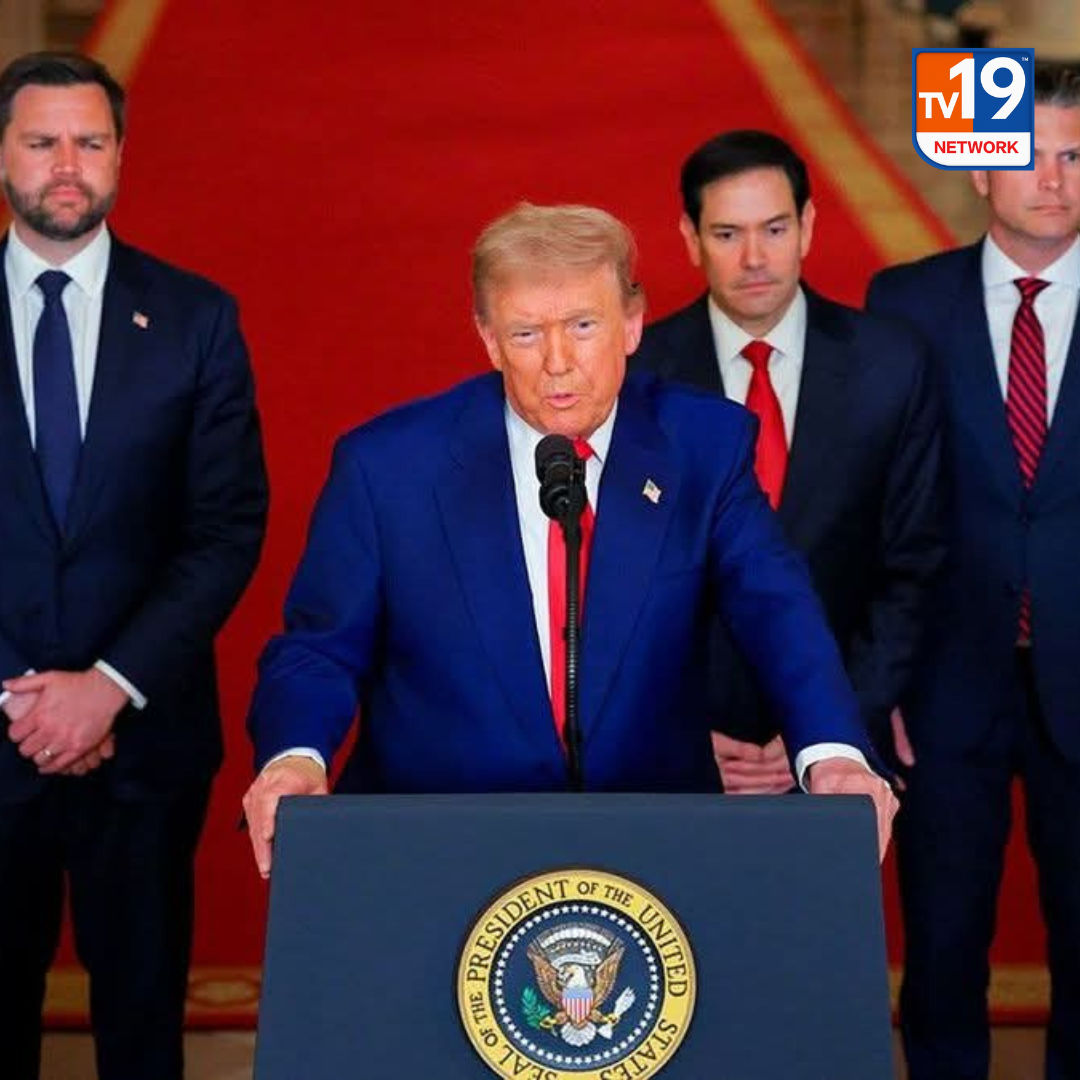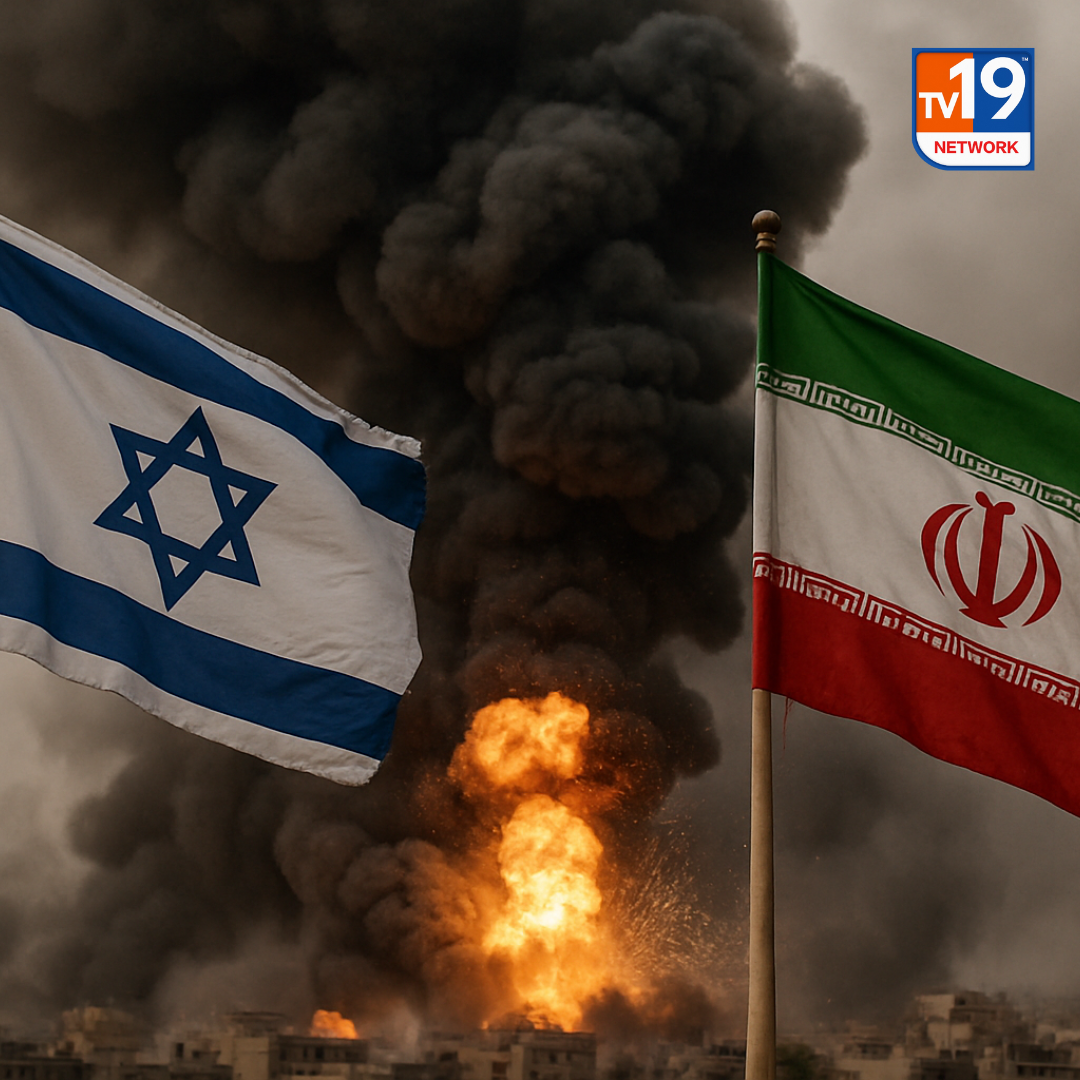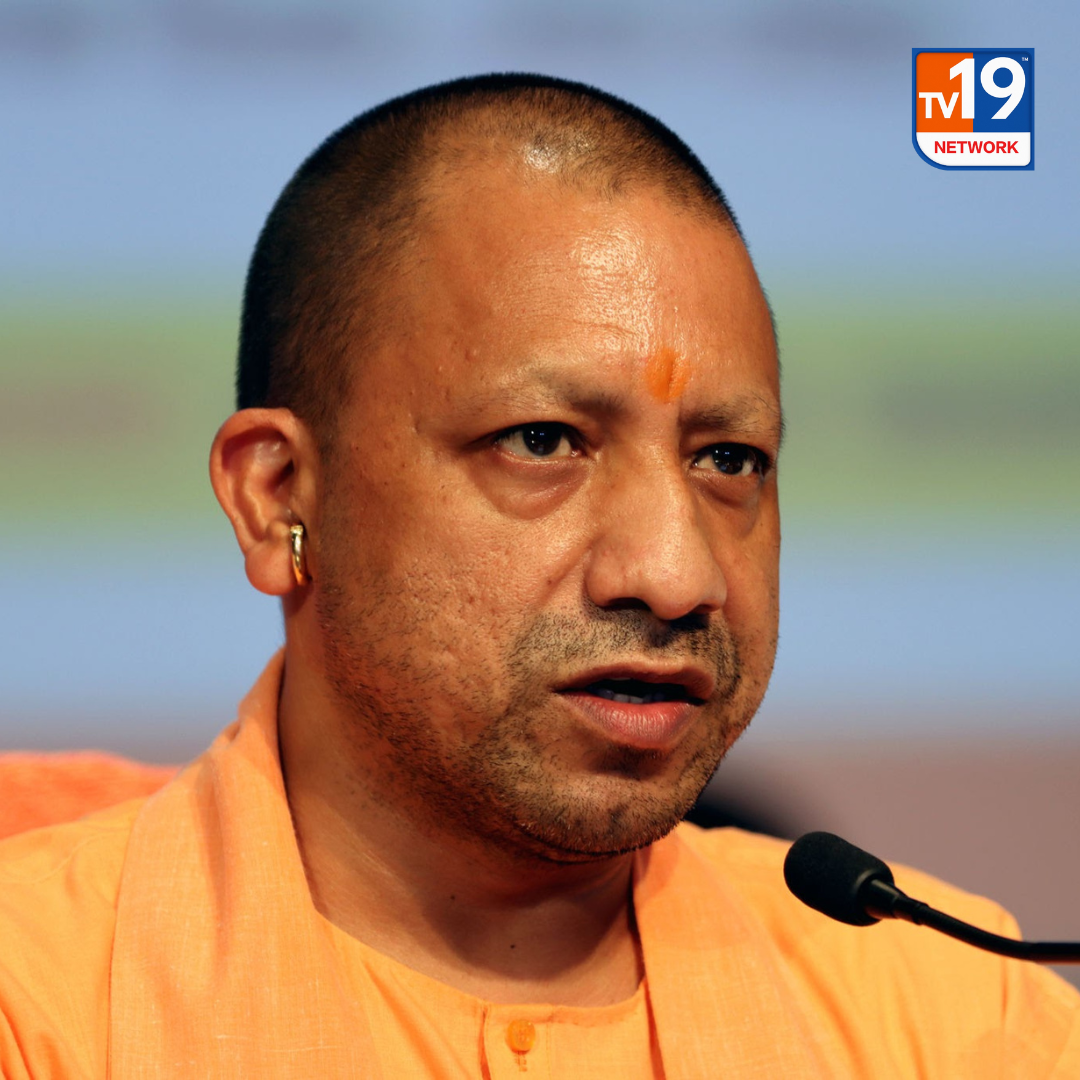Sheikh Hasina Visa Extension: A Diplomatic Tightrope Between India and Bangladesh
Delhi - India has extended the visa of former Bangladesh Prime Minister Sheikh Hasina, who fled to India in August 2024 amidst escalating political unrest. This decision comes despite Bangladesh’s calls for her extradition, intensifying diplomatic tensions between the two countries.
The Flight of Sheikh Hasina
Sheikh Hasina resigned from her post in August 2024, following mass protests in Bangladesh that accused her of human rights violations. After arriving in India, Hasina has largely stayed out of public sight, sparking speculation about her future and the nature of her stay in India.
Bangladesh's Extradition Request
In December 2024, Bangladesh formally requested India’s assistance in extraditing Hasina. The request includes allegations of her involvement in crimes related to the 2024 protests. This has raised tensions, with Bangladesh demanding accountability for what they claim were actions against its people.
India’s Response: Extension of the Visa
Despite the extradition request, India decided to extend Hasina’s visa, processed through the Foreigners Regional Registration Office (FRRO). While Indian officials have rejected the idea of offering Hasina asylum, the visa extension has added complexity to an already delicate situation.
Bangladesh’s Retaliation: Increased Diplomatic Pressure
In response to India’s decision, Bangladesh has canceled the passports of 97 individuals, including Hasina, accusing them of involvement in war crimes. Furthermore, an arrest warrant has been issued for Hasina, escalating the diplomatic tension.
A Delicate Diplomatic Balancing Act
As the situation unfolds, India faces a complex challenge in balancing its relations with Bangladesh while navigating the political and legal complexities surrounding Hasina's stay. The international community watches closely as these diplomatic developments continue to evolve.





